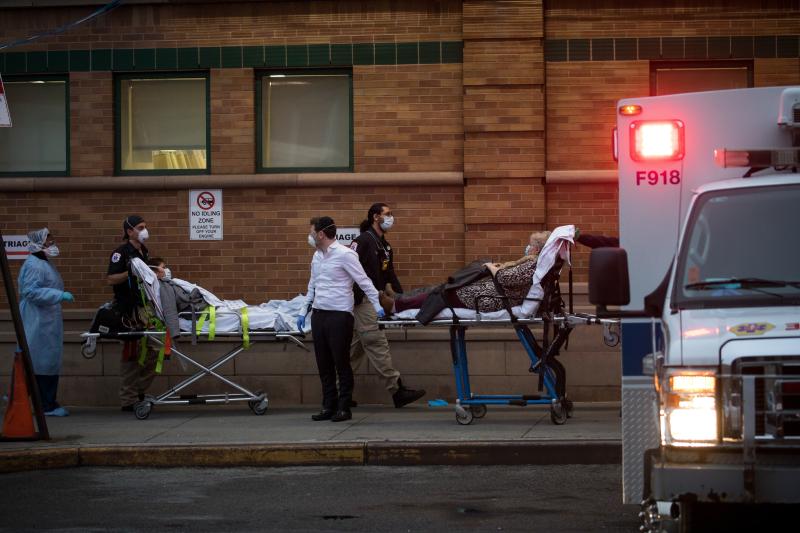The global media's role in creating a better world for tomorrow
- By Wang Xiaohui
 0 Comment(s)
0 Comment(s) Print
Print E-mail China.org.cn, April 1, 2020
E-mail China.org.cn, April 1, 2020

Editor's pick: The "Contemporary China and World: International Think Tank Webinar on Combating COVID-19" was held on Monday. Wang Xiaohui, editor-in-chief of China Internet Information Center, as one of the speakers, shed light on the role of the media during global public crises such as COVID-19. The following is based on his speech.
Hello, everyone. It is a tremendous pleasure to join this online seminar. I would like to take this opportunity to talk about the role of the media in public crises. Let's take the outbreak of COVID-19 as an example, which is typical of such crises.
In the first stage, China was severely hit; especially the city of Wuhan in Hubei province became the epicenter of the outbreak. Up to now, there have been more than 80,000 diagnosed cases in China with more than 3,000 deaths. Thanks to the tough and resolute measures taken by the Chinese government, as well as the efforts, cooperation and self-discipline on the part of the Chinese people, we have brought the spread of the virus under control – despite huge costs to both the economy and the convenience of people's lives. However, the situation in other countries is getting worse, with more than 700,000 cases reported in over 170 countries and regions.
At this critical point, what kind of role should the media play?
First, we should take the high road and put the greater good of mankind first. What we are facing right now is a deadly epidemic disease, not an earthquake, flood or trade war. No country can be expected to eliminate the virus or stop it from spreading singlehandedly. Under such circumstances, media organizations should pay more attention to distributing information, sharing experiences, promoting cooperation, and encouraging governments and people to help other countries.
Second, media organizations should avoid pointing fingers at each other, which is both useless and meaningless. The novel coronavirus is the common enemy of mankind. It recognizes no national boundaries, nor does it carry a passport. In the past few weeks, some U.S. media and politicians conjured up new names for the virus, calling it the "Wuhan virus" or "Chinese virus," which caused discontent and anger among Chinese people and a new round of disputes. Let's call it the "coronavirus," and let scientists and medical experts determine its origin. If some U.S. politicians and media colleagues really want to fight over words, let's do it after the crisis.
Third, it is the responsibility of the media to clarify facts and help eradicate rumors. When disasters occur, rumors can outrun even viruses. The media should take the lead to clarify facts, and report the advice of experts, effective control measures and treatment methods of various countries.
Fourth, the media should reflect on the lessons we learned in dealing with the disaster, on how to avoid recurrence of the deadly disease, and on how to join hands to face hardship yet to know and yet to come, in one sentence, how to make a better world for tomorrow.






Go to Forum >>0 Comment(s)